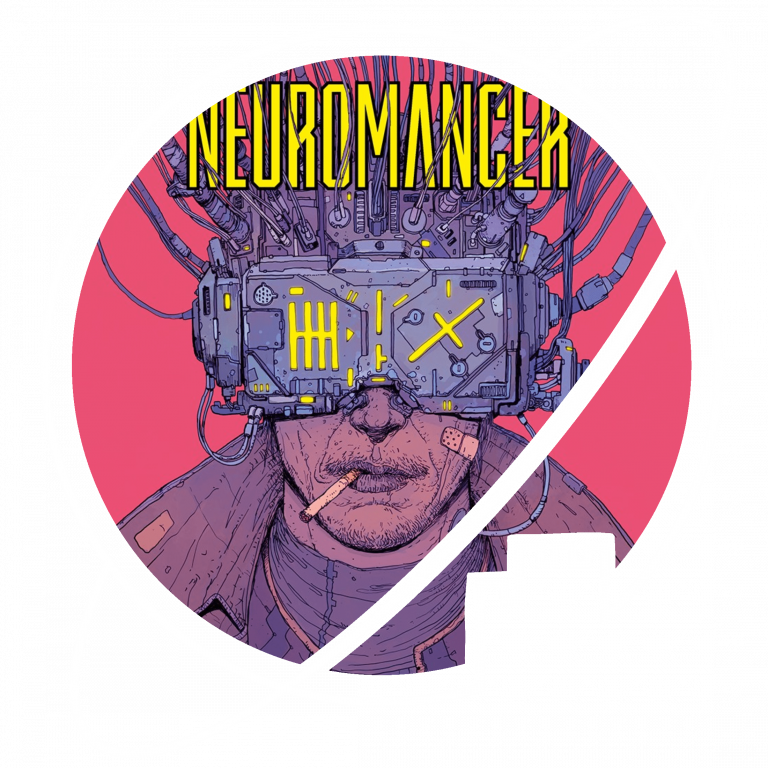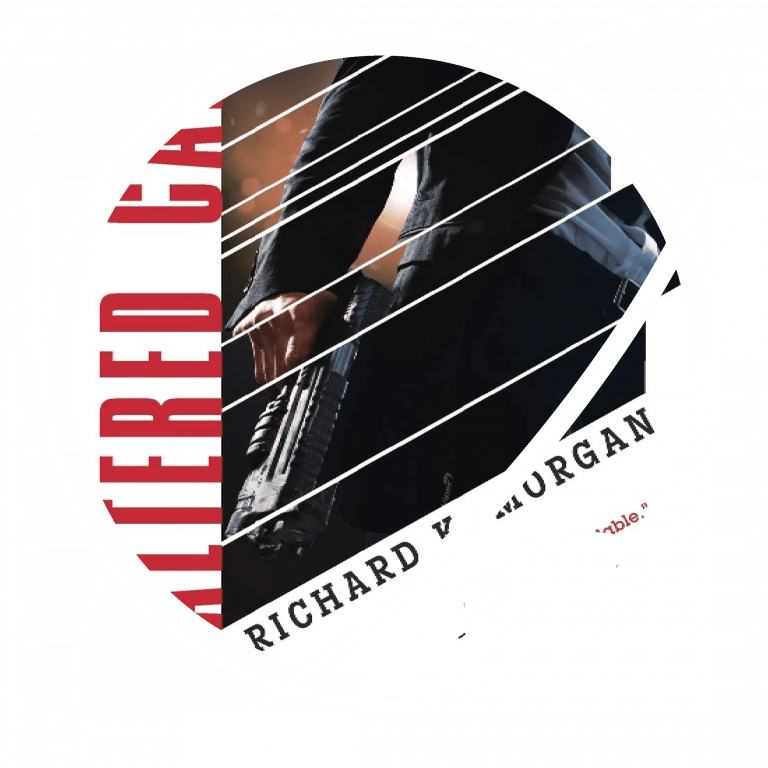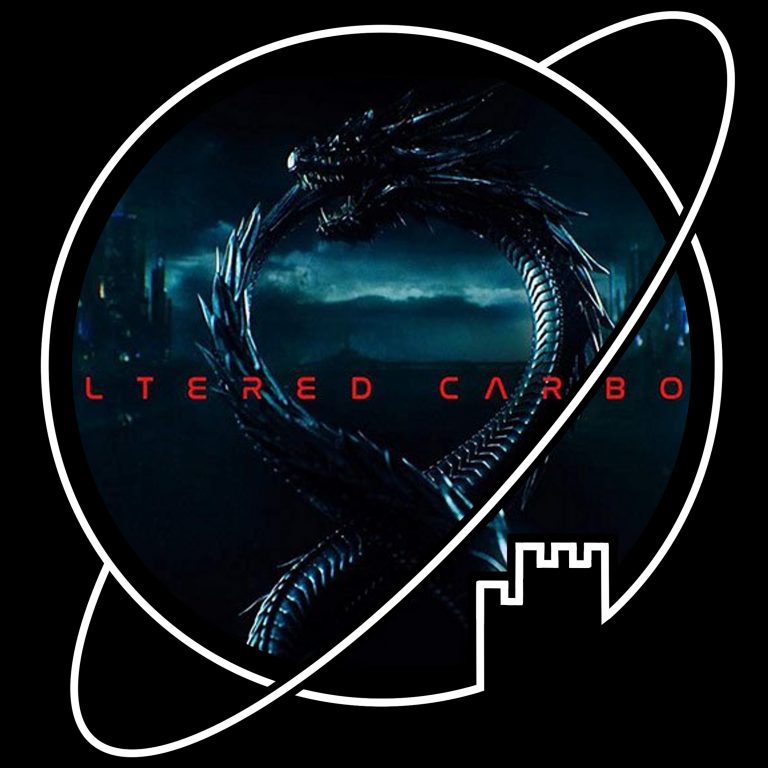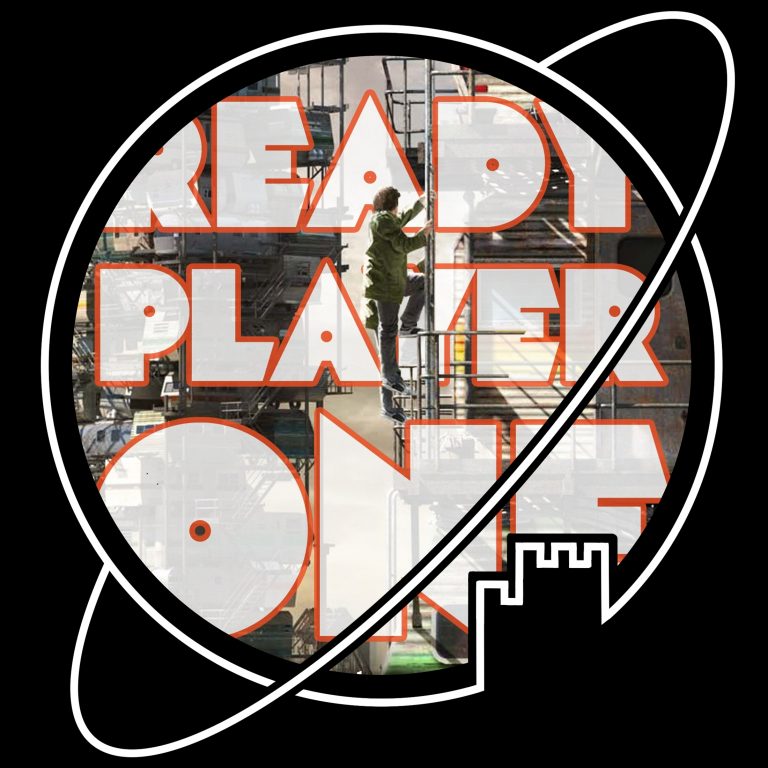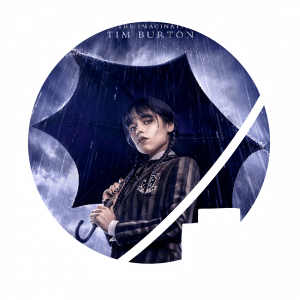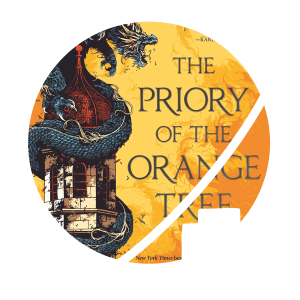- Book written by William Gibson
- Published 28 October 2014
- Standalone
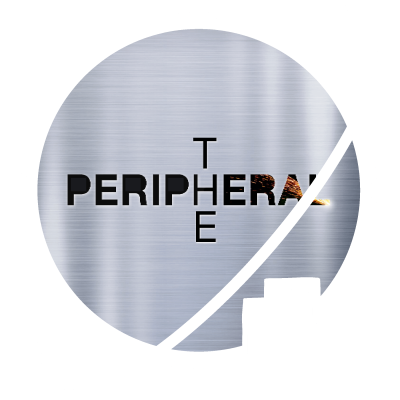

Listened to the audiobook with Katie Leung – I liked her characterisations and accents, but she really dropped off at the end of her sentences so I had to listen a little louder than usual.
It has become a bit of a meme among our curators that I often feel “this book could have been written in fewer words”, which is often mostly a reference to what I feel is a relatively weak editor (or perhaps an author not listening to them): too much words spent on tangents, too few darlings killed.
In this case, I feel like this book could have been written in fewer words because when I finished it, I couldn’t shake the impression that it should probably have been a novella or even a short story.
Let’s take a few steps back. William Gibson is a master of science fiction, best known for Neuromancer, which is one of the most influential works in all of science fiction and spawned the genre of cyberpunk all on its own. Neuromancer, as well as Gibson’s other works, show that his sci-fi is centred around out-of-the-box ideas – technological concepts that are not that implausible but that are new. Given how derivative the speculative genres can sometimes be, Gibson’s original concepts can be really refreshing.
Interestingly, many of the more technological concepts of The Peripheral aren’t that new (ironically, that’s new for Gibson!). We’ve seen video game alternative universes in the likes of Ready Player One and The Three Body Problem, and we’ve seen transfer-of-consciousness technology in the likes of Altered Carbon (or, if you prefer watching over reading, Altered Carbon). And while Gibson does a great job of integrating these elements into The Peripheral, I feel the real innovation is perhaps not so much the technology but rather the society around it (as well as the weird philosophical implications of – slight spoiler alert – time travel and simulation theory). Gibson is really good at triggering the imagination with a few throwaway lines, and the reconstructed pet thylacines one of the characters owns are a great example of that. It’s tough to describe without giving too much away, but Gibson’s pre- and post-apocalypse are surprisingly real in a surreal way.
The Peripheral is let down by its plot, however. It just feels like… not enough happens for a 14 hour audiobook. It’s all just a little to simple – only barely enough framework to carry the worldbuilding. It is a pity, because I would have loved to read more about the world. I feel like Gibson would have been better off writing a number of short stories in this world, exploring the different possibilities of the transfer-of-consciousness technology and the existence of – spoiler alert – multiple timelines. It would, for example, have been fascinating to get a view from the bad guys’ perspective in this book.
So, where does that leave The Peripheral? It is not a bad book by a long shot, but I feel there is a lot of unrealised potential. Perhaps a bit of a weird critique. I have no trouble recommending it, but it could have been a five star.
Luckily, people have caught onto that. Gibson has written another book in the same world, Agency, which I am looking forward to getting my hands on. And I have also seen that The Peripheral has been made into a TV series, and I actually think that is a brilliant idea – I think the relatively simple plot will translate to the screen very well, and I’d love to get well-done visuals on some of Gibson’s descriptions. So I’m putting that on my to watch-list next!






